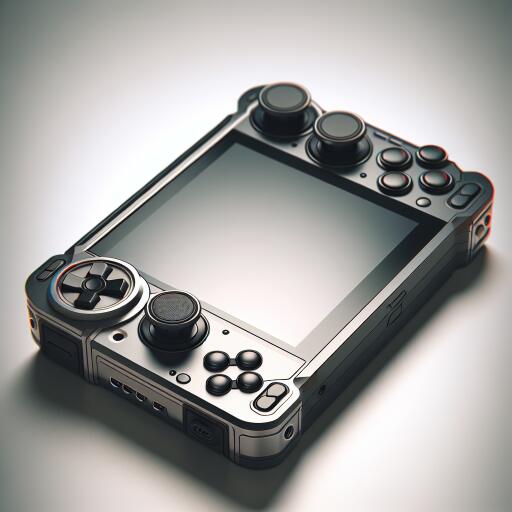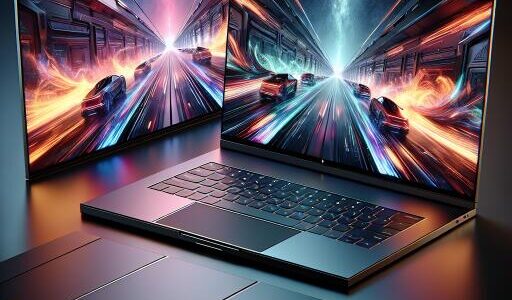Microsoft’s gaming boss Phil Spencer wants to make handheld PCs more like Xbox – ET BrandEquity
In the ever-evolving landscape of gaming, the boundary between console and handheld gaming continues to blur. Leading this charge is none other than Phil Spencer, the visionary behind Xbox, who has set his sights on revolutionizing how we interact with handheld gaming devices. Spencer envisions a future where handheld PCs aren’t just portable gaming platforms but extensions of the Xbox ecosystem itself.
During a deep dive into the current state and potential future of handheld gaming, Spencer shared insights gleaned from his experiences with leading devices in the market like the Steam Deck, Asus ROG Ally, and Lenovo Legion Go. What struck him the most was the realization that these devices could offer so much more if they were integrated into the Xbox experience more seamlessly. “I want my handheld PC to embody the essence of Xbox,” Spencer remarked, highlighting his desire for a unified gaming experience across platforms.
Spencer’s vision includes booting up a handheld device to be greeted by the familiar Xbox dashboard, fully optimized for a compact display. This vision extends beyond mere aesthetics; Spencer is determined to ensure that every aspect of the Xbox experience is preserved, from the availability of games down to the continuation of gameplay via cross-save features. This is spurred by his own frustrations, such as the absence of cross-save in titles like Fallout 76 when played on handheld devices.
The journey towards realizing this dream involves exploring various paths. Under the guidance of Roanne Sones and the Xbox team, Microsoft is pondering the creation of new hardware designs that could seamlessly integrate the Xbox experience into handheld gaming. Whether through developing an Xbox-specific handheld device or enhancing the compatibility of Xbox software with existing Windows-based handhelds, the goal remains the same: to break down the barriers to gaming on the go.
Phil Spencer has long championed the idea that the Xbox ecosystem should not be confined to a traditional console setup. In his view, the essence of Xbox should be wherever players choose to game. By reducing the friction between console and handheld gaming, Spencer envisions a world where game creators can develop titles that span across devices, thus reaching a broader audience and providing gamers with unprecedented flexibility.
While the concept of a Microsoft-developed Xbox handheld device remains speculative, Spencer’s comments reflect a broader strategic vision. This vision emphasizes innovation in gaming hardware that complements Microsoft’s ongoing efforts in software development. Reflecting on historical milestones within the industry, Spencer notes the significant impact of hardware innovation married with software ingenuity, citing examples like the Nintendo Wii as inspirational benchmarks.
As the gaming landscape continues to evolve, Microsoft’s exploration of handheld gaming under Phil Spencer’s leadership signals exciting possibilities. By bridging the gap between console and handheld gaming, Microsoft aims to redefine what it means to game on the go, ensuring that wherever a player decides to game, they’ll never feel detached from the Xbox world they know and love.










